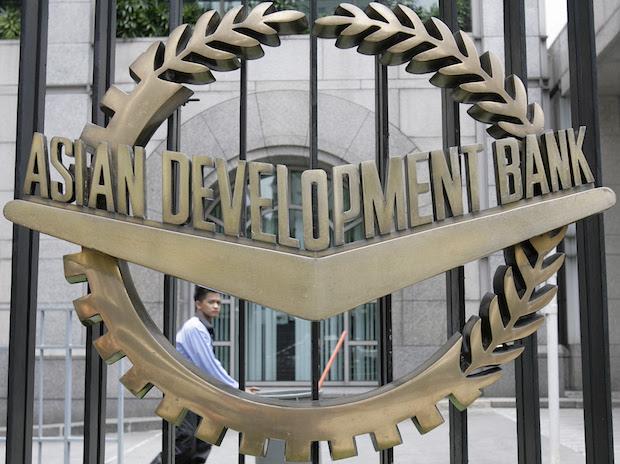[ad_1]
The Asian Development Bank (ADB) on Thursday approved financing of $780 million to build new lines for Chennai’s metro rail and improve the network’s connectivity with bus and feeder services.
The project will construct 10.1 km of an elevated section between Sholinganallur to State Industries Promotion Corporation, including nine metro stations and system components; 10 km of the underground section between Lighthouse and Meenakshi College including 9 stations; and 31 km of system components, such as electrical, mechanical, power, and telecommunication infrastructure, between Chennai Mofussil Bus Terminus to Okkiyam Thoraipakkam. The stations will be disaster- and climate-resilient and responsive to the needs of the elderly, women, children, and the differently abled.
“This project will expand Chennai’s metro rail system to provide a safe and integrated transport solution essential in improving urban mobility and make the city more liveable,” said Andri Heriawan, ADB Senior Transport Specialist for South Asia. “By fostering a shift to less greenhouse-gas-emitting metro systems, it will also benefit climate change mitigation and, through appropriate design elements, improve resilience to climate change.”
ADB and the India government last year signed a deal for a $500 million loan to expand Bengaluru’s metro rail network by constructing two new lines of 56 km length. ADB has committed $57.75 billion for 826 projects in India: of that 18.85 billion is for 188 transportation projects.
In 2021, ADB committed a record $4.6 billion in sovereign loans to India. ADB also committed $36.51 million in technical assistance and $3 million in grants under the sovereign portfolio. The sovereign loans included assistance under the vaccine access facility, in addition to the regular program supporting urban development, transport, agriculture, finance, and skills building.
ADB will provide an additional $1 million technical assistance (TA) grant to help the Chennai Metro Rail with the planning and management of the metro system’s multimodal integration. The TA will support the identification of first- and last-mile connectivity needs and explore opportunities for transit-oriented development to increase revenues through land value capture.
ADB is committed to achieving a prosperous, inclusive, resilient, and sustainable Asia and the Pacific, while sustaining its efforts to eradicate extreme poverty. Established in 1966, it is owned by 68 members—49 from the region.
[ad_2]
Source link



